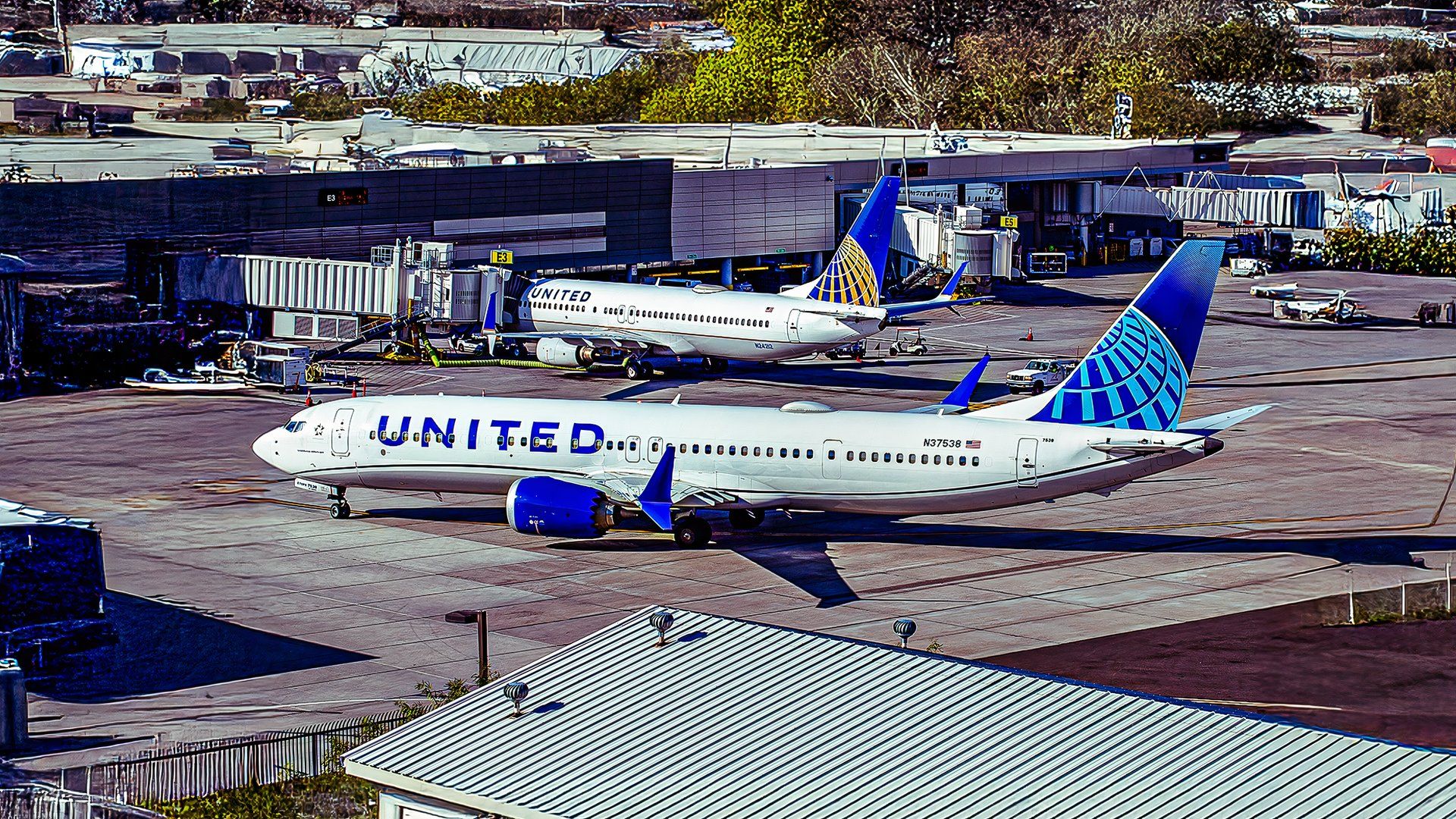World
United Airlines Launches Longest International 737 MAX Route

On October 26, 2023, United Airlines officially launched its new service connecting Denver to Punta Cana, marking the airline’s longest international route utilizing the Boeing 737 MAX aircraft. This service is significant not only for United but also for its Colorado hub, as it establishes a direct link to a destination that had not been previously served.
The new route covers a distance of 2,268 nautical miles (4,200 kilometers) each way. Prior to this launch, United’s longest international single-aisle service from Denver was to San José, Costa Rica, which is 173 nautical miles (320 kilometers) shorter than the Punta Cana destination. This new offering is noteworthy as it is United’s longest international narrowbody operation in nearly a decade and is 18 nautical miles (33 kilometers) shorter than the airline’s previous single-aisle service to Panama City, which was discontinued in 2016.
Details of the New Route
The inaugural flight to Punta Cana departs Denver at 09:45 and arrives at 18:18 local time, while the return flight leaves Punta Cana at 14:05 and lands in Denver at 17:50. The total flight time back to Colorado is approximately 6 hours and 45 minutes, making it United’s longest international link by the MAX aircraft and other narrowbody planes from Denver. The airline previously operated flights to Panama City, but those flights had a maximum block time of 6 hours and 10 minutes.
United Airlines has positioned this route strategically, as it connects Punta Cana to a wide network of cities. Based on November schedules, 72 cities can connect to and from Punta Cana, with a maximum waiting time of four hours in Denver and flying no more than 30% out of the way. Notable cities in this network include Anchorage, which United plans to serve four times daily next summer. Over the past year, approximately 510,000 passengers have traveled between these cities and Punta Cana, with United capturing about 10% of the market share.
Market Impact and Future Prospects
This new service is expected to contribute significantly to United Airlines’ market share in the region. Currently, American Airlines holds 30% of the traffic to Punta Cana, while Delta Air Lines has 27%. The launch of this route opens up opportunities for growth in several unserved markets, including Los Angeles, Milwaukee, Omaha, Phoenix, and Las Vegas. With connections available through United’s other hubs, this route provides enhanced travel options for passengers from smaller cities.
When considering all airlines operating from Denver, United’s new service ranks as the third-longest international narrowbody route by distance. Icelandair’s service from Keflavik is the longest, followed by Copa Airlines’ service to Panama City. United’s offering is particularly valuable as it enhances connectivity for travelers looking to access Punta Cana, especially those traveling from smaller cities that previously had limited options.
As United Airlines continues to expand its network and enhance connectivity from its Denver hub, the new route to Punta Cana not only marks a significant milestone but also reflects the ongoing evolution of air travel in response to passenger demand.
-

 Science3 months ago
Science3 months agoToyoake City Proposes Daily Two-Hour Smartphone Use Limit
-

 Top Stories3 months ago
Top Stories3 months agoPedestrian Fatally Injured in Esquimalt Collision on August 14
-

 Health3 months ago
Health3 months agoB.C. Review Reveals Urgent Need for Rare-Disease Drug Reforms
-

 Technology3 months ago
Technology3 months agoDark Adventure Game “Bye Sweet Carole” Set for October Release
-

 World3 months ago
World3 months agoJimmy Lai’s Defense Challenges Charges Under National Security Law
-

 Lifestyle3 months ago
Lifestyle3 months agoVictoria’s Pop-Up Shop Shines Light on B.C.’s Wolf Cull
-

 Technology3 months ago
Technology3 months agoKonami Revives Iconic Metal Gear Solid Delta Ahead of Release
-

 Technology3 months ago
Technology3 months agoApple Expands Self-Service Repair Program to Canada
-

 Technology3 months ago
Technology3 months agoSnapmaker U1 Color 3D Printer Redefines Speed and Sustainability
-

 Technology3 months ago
Technology3 months agoAION Folding Knife: Redefining EDC Design with Premium Materials
-

 Business3 months ago
Business3 months agoGordon Murray Automotive Unveils S1 LM and Le Mans GTR at Monterey
-

 Technology3 months ago
Technology3 months agoSolve Today’s Wordle Challenge: Hints and Answer for August 19









